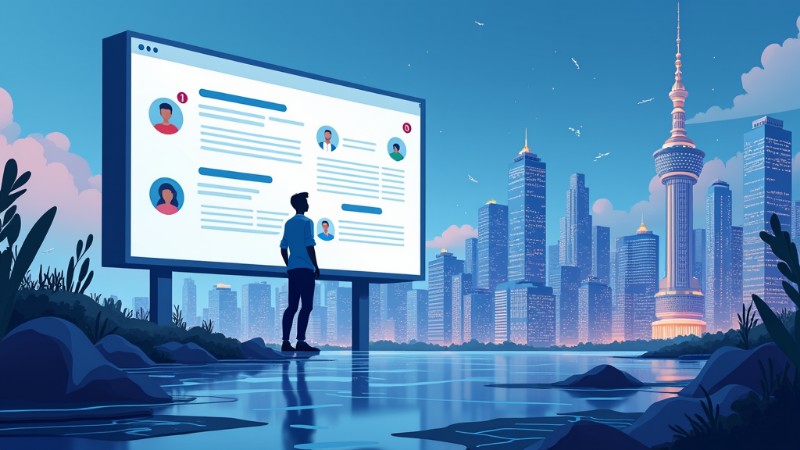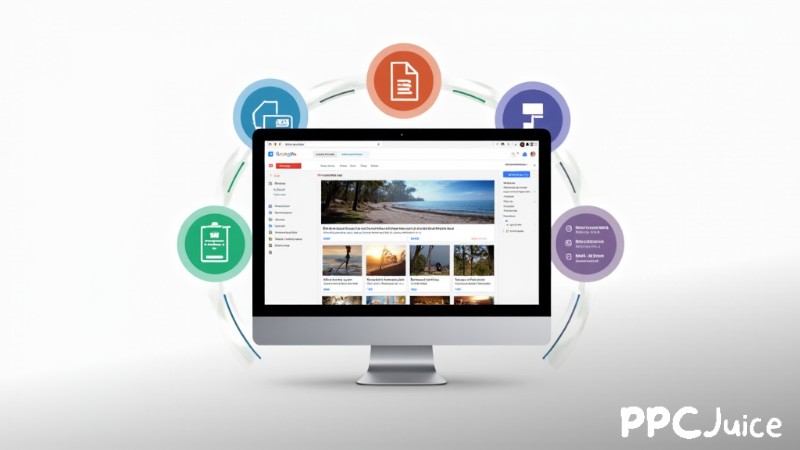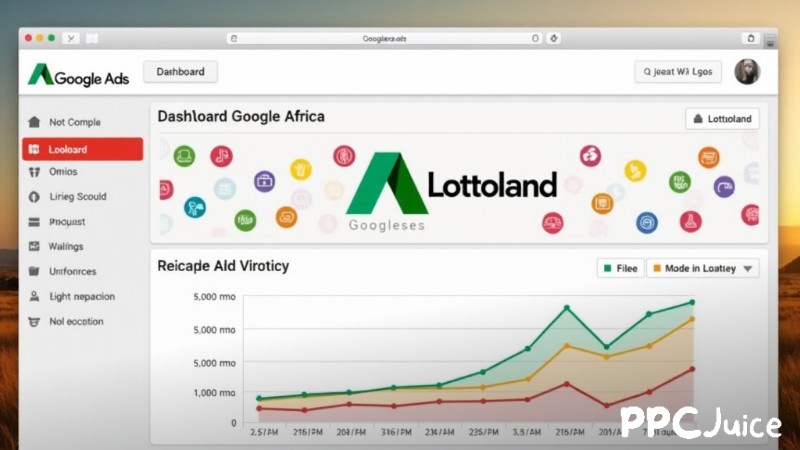
A new era of digital marketing tactics is being ushered in by artificial intelligence (AI), which is changing the Google Ads scene. For marketers, this change offers both chances and challenges. Google’s VP of global search adverts called it a “seismic shift” that surpasses the smartphone revolution.
Here, we’ll examine the main developments AI is bringing about in Google Ads and the tactics that marketers need to employ to remain competitive.
Key Takeaways
Artificial intelligence (AI) is revolutionising Google Ads in 2025, bringing about significant changes in how users interact with search engines and requiring marketers to adapt their strategies.
- Marketers must think beyond keywords and focus on creating dynamic content that aligns with users’ diverse search behaviours.
- Advertisers should use AI-powered tools to analyse vast datasets, identify high-value customer segments, and craft messaging that speaks directly to their needs.
- The rise of conversational AI means that traditional ad formats may no longer suffice, and marketers should explore new formats like interactive ads and voice-activated campaigns.
Major changes in Google Ads due to AI
AI is redefining how users interact with search engines. Traditional keyword-based searches are giving way to multimodal experiences, enabling users to engage with content through text, voice, and visual inputs. These advancements demand that advertisers think beyond keywords and focus on creating dynamic, adaptable content that aligns with users’ diverse search behaviours.
AI tools now enable the automated creation of ad copy and visuals tailoured to specific audience segments. These tools simplify A/B testing, allowing marketers to efficiently test multiple ad variations and optimise for engagement. For example, AI-driven systems can generate highly personalised ads that resonate more deeply with target audiences, improving both click-through rates and conversions.
AI enhances performance tracking by providing deeper insights across multiple channels. Advanced measurement tools analyse campaign effectiveness in real time, offering actionable data that help marketers refine their strategies. This ensures that advertising budgets are allocated effectively, minimising waste while maximising ROI.
Key strategies for marketers in 2025
AI’s ability to unify data from various touchpoints allows for seamless cross-channel marketing experiences. To leverage this, advertisers should focus on creating cohesive campaigns that engage users across search, display, and voice platforms. The integration of AI-driven tools like Gemini 2.0 and NotebookLM Plus will be pivotal in achieving this.
Personalised advertising is no longer optional; it’s essential. Marketers must use AI-powered tools to analyse vast datasets, identify high-value customer segments, and craft messaging that speaks directly to their needs. Real-time adaptability is crucial—campaigns should be dynamic, evolving based on live performance data to remain relevant and engaging.
The rise of conversational AI means that traditional ad formats may no longer suffice. Marketers should explore new formats like interactive ads, voice-activated campaigns, and AI-generated content that adapts to user behaviour. These innovations ensure that ads capture attention and drive action within AI-driven dialogue systems.
As data privacy concerns grow, Google is expected to implement stricter guidelines. Advertisers must stay informed about these changes to avoid compliance issues and maintain trust. Transparent advertising practices, coupled with AI’s ability to anonymise data while delivering insights, will help brands strike a balance between personalisation and privacy.
Future predictions for AI in Google Ads
AI-driven demand generation campaigns are set to gain traction. These campaigns emphasise creating compelling creative assets that drive engagement, drawing inspiration from social media marketing techniques. Performance Max and Demand Gen products are likely to see further enhancements, offering advertisers sophisticated tools to amplify their reach.
AI-powered bidding algorithms will become even more sophisticated, allowing advertisers to adjust bids in real time based on user behaviour and market conditions. These advancements will require marketers to stay agile, ensuring their strategies align with the latest trends in automated campaign management.
Despite the advantages AI offers, Google faces challenges from emerging competitors and potential regulatory actions. Marketers should be prepared to navigate these shifts by diversifying their strategies and maintaining a flexible approach to campaign management.
Conclusion
AI’s impact on Google Ads in 2025 is undeniable, presenting an exciting yet complex landscape for advertisers. By embracing AI-driven tools, prioritising personalisation, and adapting to evolving user behaviours, marketers can unlock unprecedented opportunities for growth. Staying informed and agile will be key to thriving in this transformative era.

